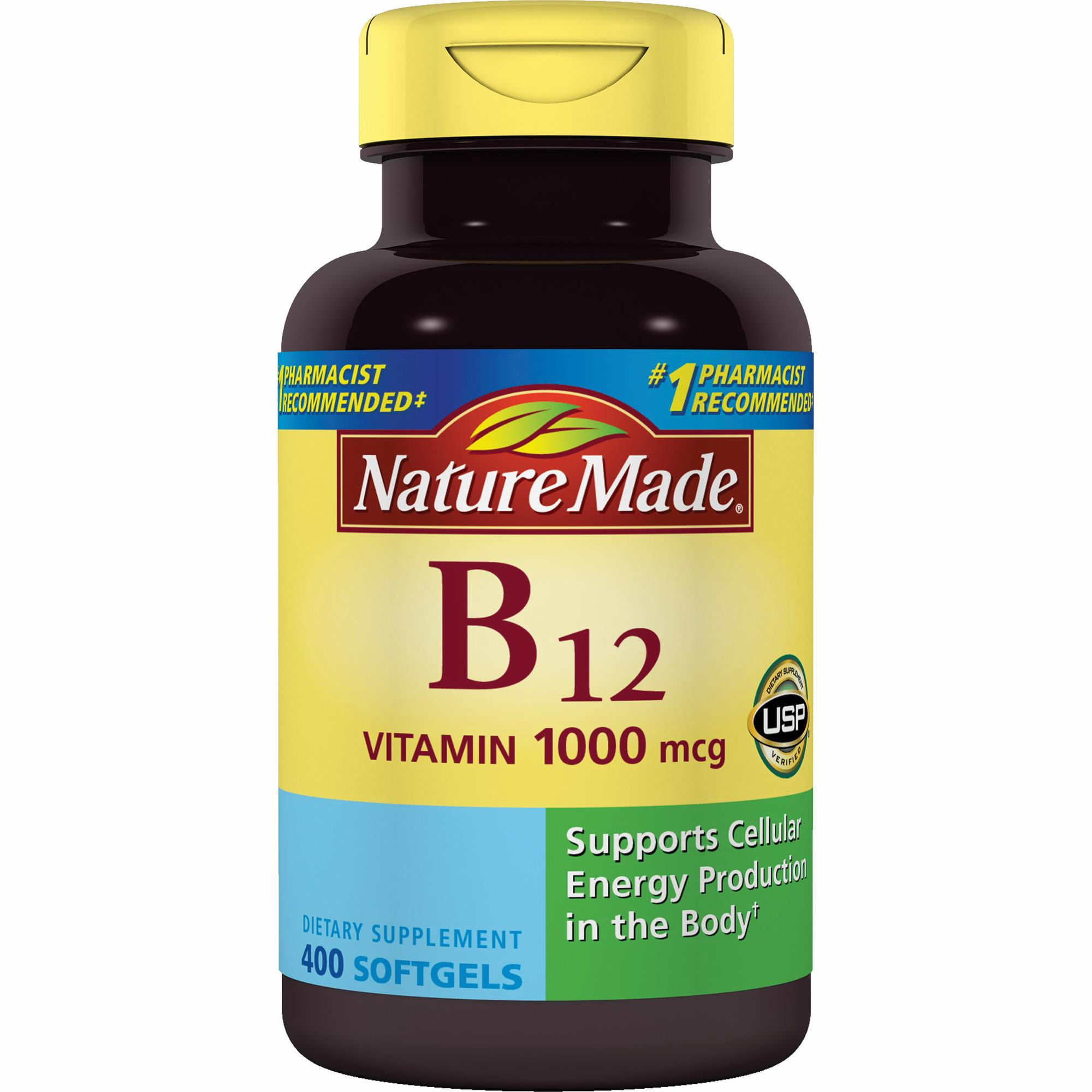Vitamin B12: The Essential Nutrient for Your Body

What is Vitamin B12?
Vitamin B12 is a nutrient that is only found in animal products such as meat, fish, eggs, and dairy products. It is required for the synthesis of DNA, the proper functioning of your nervous system, and the production of red blood cells. Your body stores Vitamin B12 in the liver and can last up to four years, which makes it unique compared to other water-soluble vitamins.
Benefits of Vitamin B12
Vitamin B12 offers numerous health benefits, some of which include:
- Reduces fatigue and weakness
- Improves cognitive function
- Promotes healthy hair, skin, and nails
- Boosts mood and energy levels
- Prevents anemia and related symptoms
Sources of Vitamin B12
The primary sources of Vitamin B12 include:
- Beef liver and other organ meats
- Clams, oysters, and other seafood
- Eggs and dairy products
- Fortified cereals, bread, and plant-based milk alternatives
How Much Vitamin B12 Do You Need?
The recommended daily intake of Vitamin B12 varies by age and gender. The following are the recommended daily intake:
| Age | Male/Female | Recommended Daily Intake |
|---|---|---|
| 0-6 months | Both | 0.4 mcg |
| 7-12 months | Both | 0.5 mcg |
| 1-3 years | Both | 0.9 mcg |
| 4-8 years | Both | 1.2 mcg |
| 9-13 years | Both | 1.8 mcg |
| 14+ years | Both | 2.4 mcg |
| Pregnant women | N/A | 2.6 mcg |
| Breastfeeding women | N/A | 2.8 mcg |
Who is at Risk of Vitamin B12 Deficiency?
Vitamin B12 deficiency is common among vegetarians, vegans, and elderly individuals. Other groups at risk include people with gastrointestinal disorders such as Crohn's disease or celiac disease and those who have had gastrointestinal surgery. Pregnant and breastfeeding women may also be at risk of deficiency if their intake is insufficient.
Symptoms of Vitamin B12 Deficiency
The following are signs and symptoms of Vitamin B12 deficiency:
- Fatigue and weakness
- Numbness and tingling in the hands and feet
- Muscle weakness
- Memory loss and cognitive decline
- Anemia
How to Increase Your Vitamin B12 Intake
If you are at risk of Vitamin B12 deficiency, there are several ways to increase your intake, such as:
- Eating more animal products such as meat, fish, eggs, and dairy
- Taking Vitamin B12 supplements in the form of tablets, capsules, or injections
- Eating fortified cereals, bread, and plant-based milk alternatives
Advantages and Disadvantages
The following are the advantages and disadvantages of Vitamin B12:
- Advantages:
- Essential for maintaining overall health
- Reduces fatigue and weakness
- Improves cognitive function
- Promotes healthy hair, skin, and nails
- Boosts mood and energy levels
- Prevents anemia and related symptoms
- Disadvantages:
- Can only be found in animal products
- Vegetarians and vegans are at risk of deficiency
- May cause side effects such as diarrhea and itching in rare cases
FAQs
1. Can Vitamin B12 deficiency cause depression?
Yes, studies have found a link between Vitamin B12 deficiency and depression. Vitamin B12 is required for the proper functioning of your nervous system, and a deficiency can lead to mood changes and cognitive decline.
2. Is it safe to take Vitamin B12 supplements?
Yes, Vitamin B12 supplements are generally safe when taken in recommended doses. However, it is important to consult with your healthcare provider before taking any supplements, especially if you are pregnant or breastfeeding.
3. Can you get Vitamin B12 from plant-based sources?
Vitamin B12 is primarily found in animal products, and it is difficult for vegetarians and vegans to get enough of it from their diet alone. However, some fortified plant-based foods such as cereals, bread, and plant-based milk alternatives may contain Vitamin B12.
4. How long does it take to see the benefits of Vitamin B12 supplements?
The time it takes to see the benefits of Vitamin B12 supplements varies depending on the individual and their specific condition. Some people may see improvements in their energy levels and cognitive function within a few days, while others may take several weeks or months to see noticeable changes.
